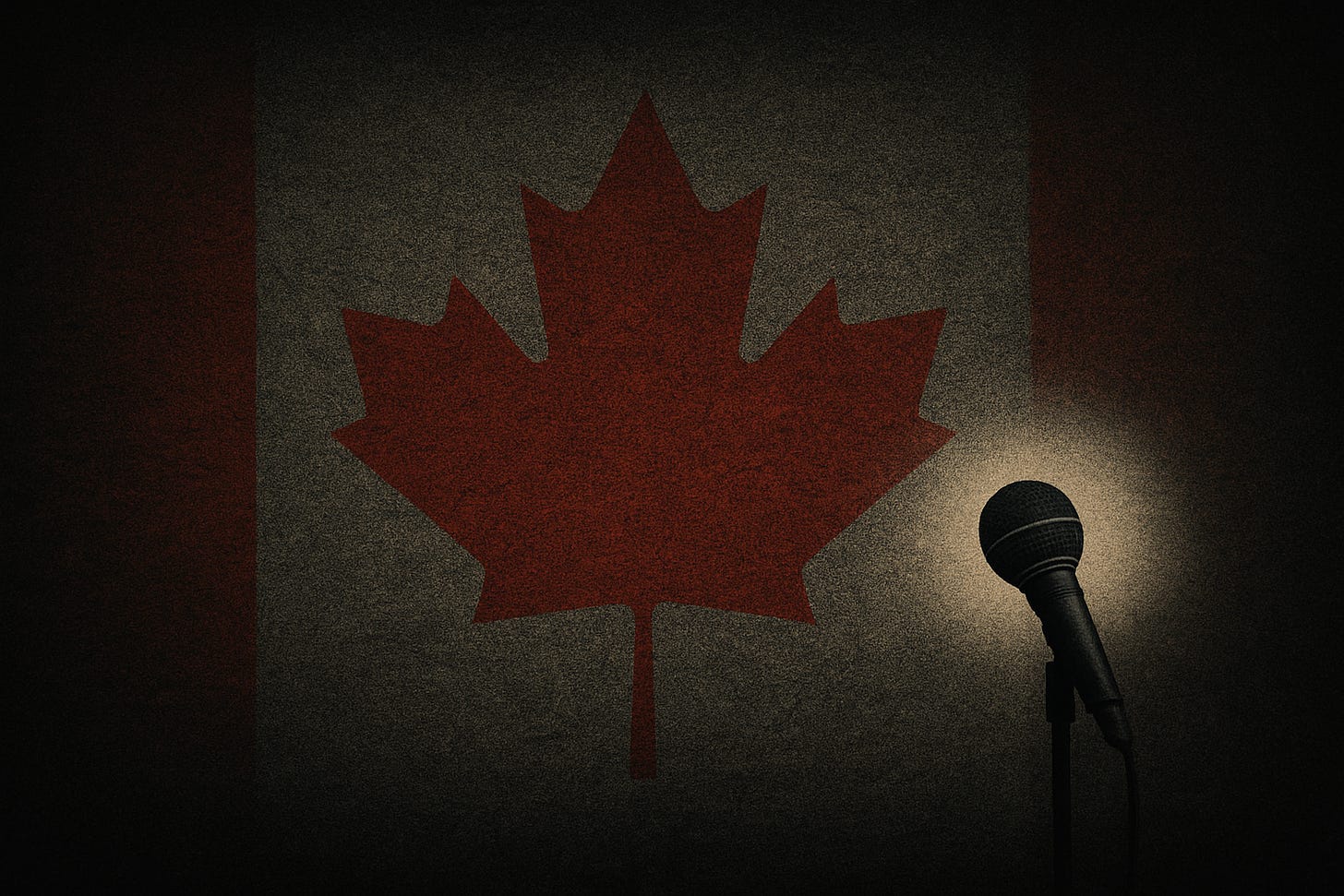Turning Point, or Breaking Point?
Inside the Collapse of Turning Point’s Canadian Operations
The Flashpoint
When Charlie Kirk was assassinated on a university campus in the United States, the world stopped in disbelief. The idea that a man could be murdered simply for speaking his mind sent shockwaves far beyond America’s borders. To millions, Charlie was a symbol of courage — a man who championed free speech in an age of censorship and conformi…




